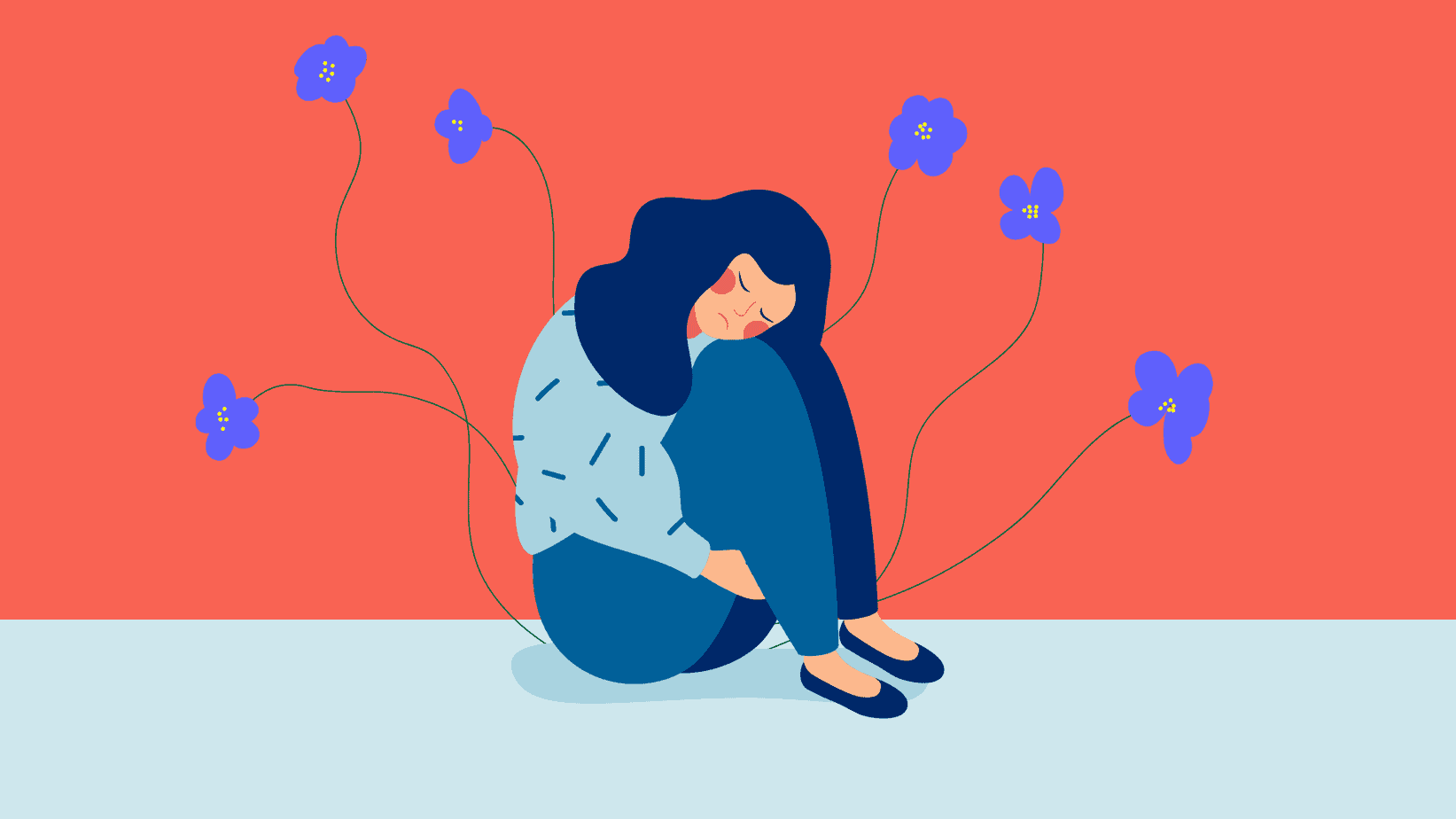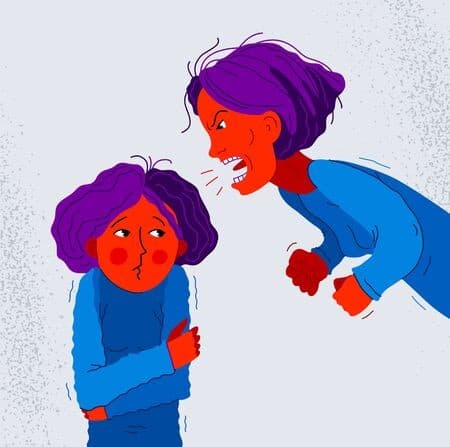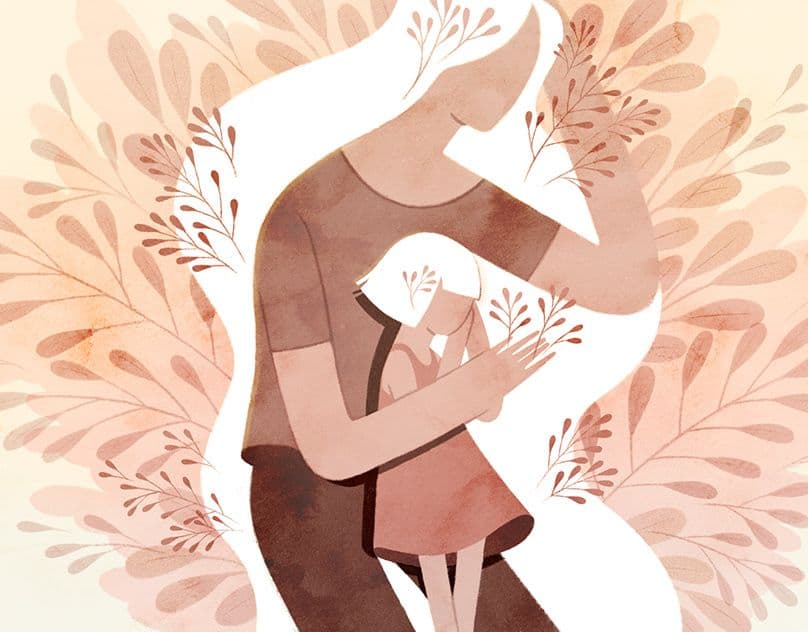In 2016, the number of people estimated to be suffering from mental health issues like depression and anxiety amounted to roughly 1.1 billion. Since then, numbers have likely continued to rise. Moreover, studies have also shown women especially on average are a) more likely to suffer from mental health issues, and b) less likely to talk about them. The taboo in Pakistan surrounding depression and anxiety disorders only serve to aggravate the individuals suffering even more. For the women who cannot seek out full time therapy, we’ve enlisted the help of a trained therapist. You sent us in your questions – here are the answers!

‘I have a problem with my mother. She always puts me second in her list of priorities – I felt this way in 1st standard and now I am in 12th standard. Whenever I think about how she’s not giving me the kind of love I deserve, I start crying and losing my mind. I want to get rid of these feelings, please help me.’

Shahrukh’s Response:
Dear Anon,
I can only imagine how painful it must be to feel like you’re not a priority, especially with your mother. It’s no secret that our relationship with our mother plays a huge role in the way that we relate to ourselves, as well as the world around us. I know these feelings hurt, so let’s try to look at them and see if we can find a way for you to truly embrace what you’re experiencing.
The Mother’s Wound
As a therapist, I deal with a variety of issues, and no two clients are the same. That being said, I have often seen how early childhood experiences, especially those related to parental relationships, can leave an enormous impact on future experiences on a personal and relational level. When we are born into this world, we have a mother and a father, the two people who are there to help us navigate through the external world and help us create an internal world, where we view ourselves in a certain way. Our primary attachment would generally be to our mothers, and as such, we would trust them to help us form our inner and outer maps.
A mother being distant, or giving a child that feeling that they’re not worthy of that attention can be quite distressing, and could even lead them to believe that something might be wrong with them. Carrying that belief is painful for any child, even one that has grown into an adult. As we begin to grow and make sense of the world, we are also able to make sense of that pain, it would now have a language and a sense of definition attached to it. A child does not have the rationale to understand why their parent is not paying attention to them, so they end up thinking that this is their fault in some way: “Why is she acting this way?” / “Did I do something wrong?” / “What can I do to change it?”
This wound can carry itself all the way forward into our adulthood, and can deeply impact our relationships with others, as well as ourselves.

How To Move Forward
Acknowledging That Feelings Exist For A Reason
I know it seems counter-intuitive, but rather than avoiding difficult emotions, sometimes the only way for them to truly subside or lessen in weight is by addressing them, and really holding space for them to exist. It’s okay to cry, and it’s okay to feel whatever it is that you’re feeling at this time. You have a right to experience your pain, and to acknowledge its right to be there, and that it’s completely valid.
Having A Talk With Your Mother
This might be a challenging step to take, but sometimes parents can be oblivious in terms of the impact they tend to have on their children. She might feel like she’s doing the best she can, but that might not be enough for you, and that’s okay. Perhaps it might help to voice out what you’re feeling, keeping it to “I” statements and just being honest and authentic about your experience for the last few years.
- “I feel like I’m not a priority in your life, and it hurts my feeling greatly.”
- “I would like us to spend more time together.”
- “I miss my mom and I need her.”
A lot of things might be beyond yourself control, but this is something that is within your control: what you say and what you do.
Exploring Your Feelings With A Counsellor
A counsellor would be able to provide you with a safe enough space for you to explore what you’re experiencing, and would also be able to guide you through ways of helping you fulfil your own needs, as well as work through any issues that may have stemmed from this.
Seeking Out Support From Your Loved Ones
Sometimes keeping our feelings in can feel like a safe option, but it is exactly this that makes them almost to painful to bear. Perhaps confiding in someone close to you might help ease some of the weight of that emotional pain – it might not get rid of it completely, but the simple act of talking it out can be extremely helpful.
Anon, I can only imagine how painful it must be for you right now. The idea of being unloved can be extremely hurtful, especially when it comes to our mothers. I really hope that you are able to find the support, comfort and grounding that you’re looking for. I’m rooting for you. All the best and stay in your power!

The above article is written by Shahrukh Shahbaz Malik who is trained in humanistic integrative counselling at CPDD in the UK and currently has her own private practice in Karachi. The views expressed in this article are those of one expert. They do not necessarily represent the views of Mashion, nor do they represent the complete picture of the topic at hand. This article is for informational purposes only and is not a substitute for medical diagnosis or treatment.









What do you think?
You must be logged in to post a comment.